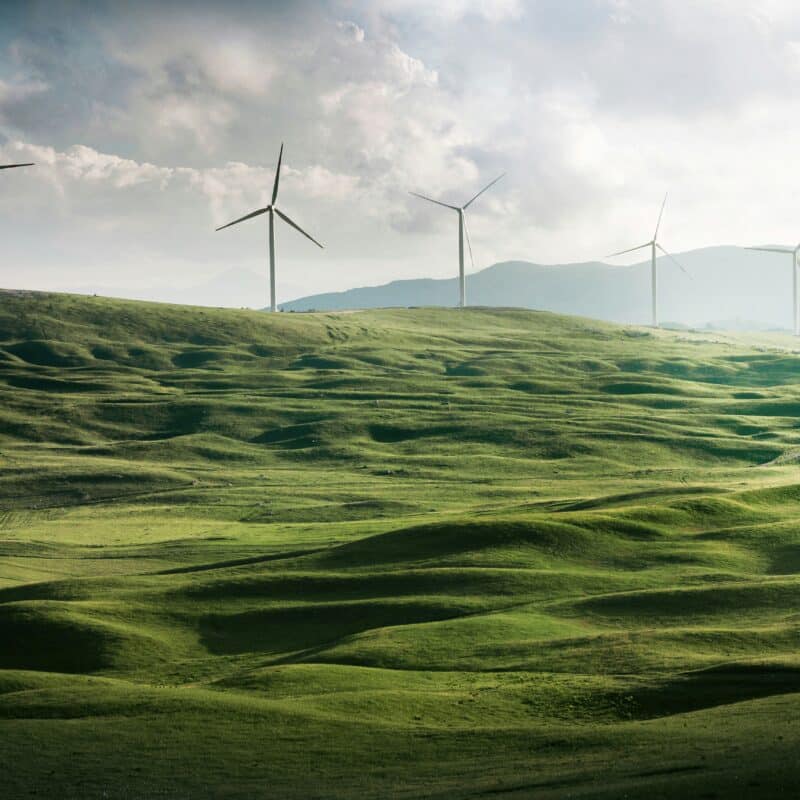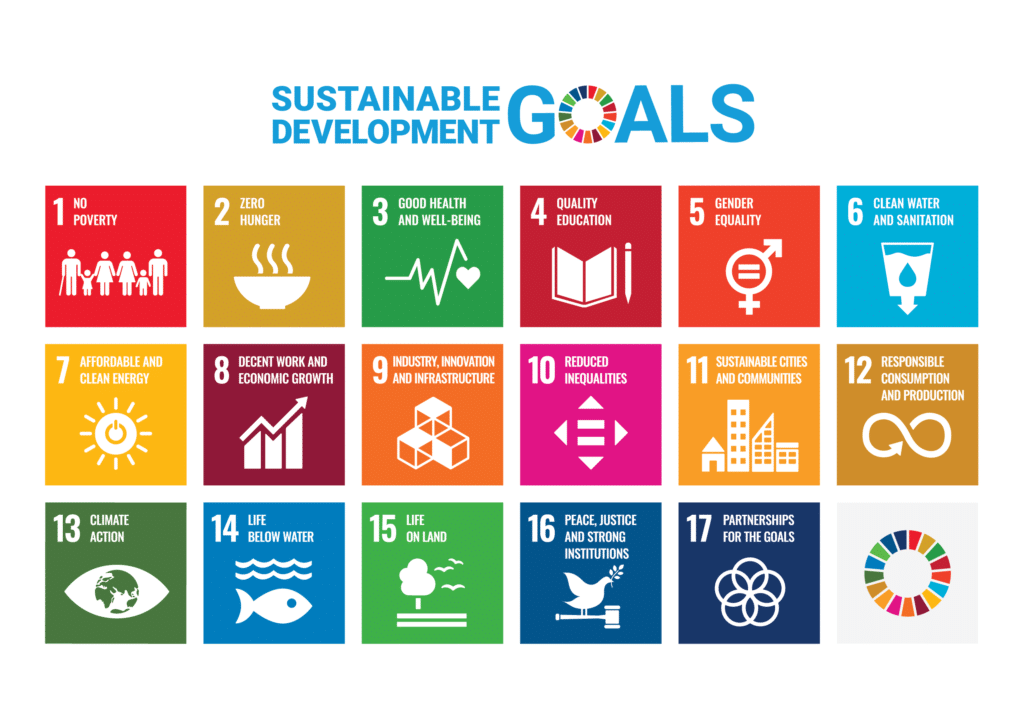Sustainability
You’ve probably heard the word “sustainability” a lot recently, but what does it really mean? Sustainability is about making sure we can meet our needs today without stopping future generations from meeting theirs. It’s about finding a balance between growing the economy, protecting the environment, and making sure everyone in society is doing well.

With issues like climate change, running out of resources, and social inequality, making sure our world is sustainable has never been more important.

Sustainable goals
Countries all over the world are making promises to be more sustainable. This means setting goals like cutting down on carbon emissions, protecting nature, and making sure everyone is treated fairly. For example, the United Nations has 17 Sustainable Development Goals (SDGs) that aim to tackle big challenges like poverty, inequality, and climate change by 2030. These goals help guide governments and businesses in making decisions that lead to a sustainable future.
Click the link above to find out more about SDGs
What businesses are doing
Government regulation encourages sustainability and incentivises businesses to change their operations so that they can play their part in helping meet the targets set. A lot of organisations recognise the wider benefits in investing in green technologies and eco-friendly practices as they can help to boosts cost savings, enhance brand reputation, drive innovation, and secure long-term business viability. This change means that future jobs will likely be in areas that focus on sustainability.
How will this impact your future career?
Where we are now
With climate change at the forefront of global challenges, governments and organisations are under increasing pressure to transition to sustainable practices. In the UK, legally binding targets aim to achieve net zero carbon emissions by 2050. Key industries are already shifting towards renewable energy, circular economy models, and low-carbon innovations.
Where we’re heading
By 2030, businesses will need to fully embrace sustainability as not just a compliance measure but a core operational strategy. According to worldwide consultancy firm Deloitte, 73% of executives agree that moving to a low-carbon economy is critical for long-term success. Technologies like hydrogen power, carbon capture, and AI-optimised energy use will play central roles. Furthermore, consumer demand for eco-conscious brands will continue to drive change.
Why act now
Delaying action could lead to financial penalties, reputational damage, and loss of market share. The UN Sustainable Development Goals emphasise that achieving a green transition requires immediate investment in skills, innovation, and infrastructure. Organisations prepared to align with this shift will not only contribute to global goals but also unlock opportunities in emerging green markets.
We’ve looked at how this focus on sustainability might affect the different sectors where you might want to work, and what skills you should start developing now:
Visitor Economy - Artificial Intelligence (AI) supporting sustainability and smart tourism
Agri Sector - Artificial Intelligence (AI) supporting sustainability and low-carbon farming
Construction - sustainable construction practices
Construction - sustainable materials and circular construction
Construction - smart buildings and Internet of Things (IoT) integration
Manufacturing - sustainable manufacturing through Artificial Intelligence (AI) and big data
Green manufacturing with Artificial Intelligence (AI) integration
Local courses and education providers that could support you career can be found here.

